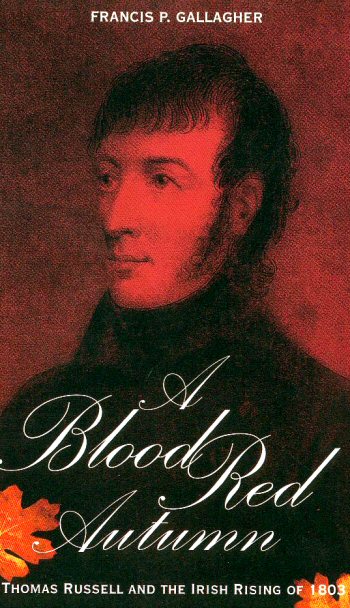According to the historian Brendan McEvoy Father Coigly was sworn to the United Men in May or June of 1796. This is the period when a merger took place between the Defenders and the United Irishmen.
Some of the negotiations took place in Dundalk. Thomas Russell, Napper Tandy and Coigly played pivotal roles. Later Coigly toured towns drumming up support. He assisted in a campaign to defend small farmers and weavers charged under the Insurrection Act. He wrote pamphlets arguing for ‘civil rights in Britain and Ireland, an end to oppressive measures and calling for freedom and democracy’.
Under growing attention from state authorities he travelled to England, where nevertheless he continued his radical activities in several cities and towns including Manchester, Birmingham and London, while retaining contact with the advanced wing of Belfast United Irishmen. On their behalf Father Coigly travelled with the Reverend Arthur MacMahon, erstwhile Presbyterian Minister in Hollywood, County Down, first to Hamburg – where there was a sizable group of Irish emigrants, and then to Paris. Unfortunately on the continent Coigly became embroiled in the deteriorating relationship between leaders Napper Tandy and Wolfe Tone, favouring the former. Still Coigly submitted a memorial to the French Foreign Ministry. There were other radical leaders present in Paris at the time, from England and Scotland, submitting similar petitions.
On his return to Ireland Coigly submitted a report on his Paris visit to Lord Edward Fitzgerald. Unknown to him and to others at the time, their own ‘fellow leader’ Samuel Turner was giving detailed reports about him and the other Irish
